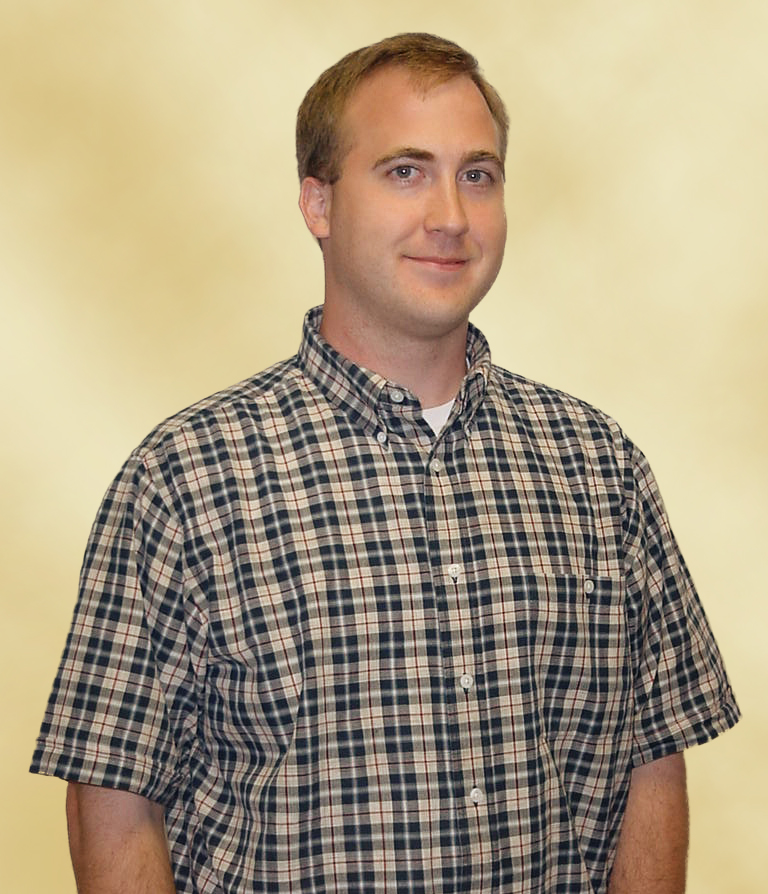Arbitration Disputants Should Share Bids before Decisions on How Much to Invest in Case, Study Says
FAYETTEVILLE, Ark. – In the first academic study to examine bidding and investment strategies in final-offer arbitration, economists at the University of Arkansas found that it is socially optimal for parties in conflict to make bids publicly observable before deciding how much time, effort and money to invest in building a case. The results provide insight into how final-offer-arbitration procedures might be standardized to minimize inefficient investments and generate moderate bidding behavior.
Final-offer arbitration is a specific type of arbitration in which the parties in conflict are required to submit a final offer, and an arbitrator chooses one of the two offers; there is no splitting the difference. As a high-profile example, Major League Baseball uses this type of arbitration in labor disputes between players and owners.
“The breadth of cases settled by arbitration is rapidly expanding,” said Cary Deck, associate professor of economics in the Sam M. Walton College of Business. “There are good reasons for this. As an alternative to civil litigation, the benefits of arbitration include quicker resolution and substantial savings in time and money. But there really aren’t any standards for how to go about arbitration. This fact, coupled with the increasing reliance on arbitration in practice, necessitates an understanding of the strategies and incentives that the various forms of arbitration may generate.”
Deck and Amy Farmer, professor of economics in the Walton College, conducted theoretical and controlled laboratory experiments on several final-offer-arbitration scenarios having to do with the timing of offers and when or if disputants observe each other’s offer. As Deck mentioned, the researchers also examined the extent to which the variables of timing and disclosure influenced how much time, money and effort to invest in a case and what kind of offer to make. Some of their findings – most notably that the sharing of bids early in the process, prior to investment, most likely will lead to a mutually optimal settlement – clash with popular arbitration strategies.
“We found that when disputants placed publicly observable bids prior to investing, those bids were less extreme and therefore more moderate, or closer together,” Deck said. “In other words, the parties operated with considerable information about the opposition’s case. So there may be a spirit of cooperation or accountability to reach a mutually acceptable agreement. One might not be surprised that making strategies public will enhance cooperation.”
In theoretical tests, the researchers developed four arbitration scenarios: Invest Public, Bid Public, Bid Private and Invest Private. In Invest Public, investments (time, money and effort devoted to building a case) were made and observed by both parties prior to the submission of final offers. Bid Public described a situation in which investments were made after the submission of final offers that were observable by both participants. In Bid Private, investments were made after the submission of final offers that were sealed or otherwise not observable to the parties. Finally, Invest Private was a situation in which bids were made after unobservable investments.
In addition the main finding – that publicly observable bids prior to investing were less extreme – laboratory experiments on three of the four theoretical scenarios produced these results:
- Investments were lower than predicted in all three cases.
- Bid Private offers were more extreme, or aggressive, than Bid Public offers.
- Settlement rates were nominally highest (60 percent) in Bid Public and nominally lowest (53 percent) in Bid Private.
The researchers’ study will appear in a forthcoming issue of Journal of Economic Behavior and Organization.
Contacts
Cary Deck, associate professor of economics
Sam M. Walton College of Business
(479) 575-6226, cdeck@walton.uark.edu
Amy Farmer, professor and Margaret Gerig & R.S. Martin, Jr. Chair in Business
Sam M. Walton College of Business
(479) 575-6093, afarmer@walton.uark.edu
Matt McGowan, science and research communications officer
University Relations
(479) 575-4246, dmcgowa@uark.edu
Headlines
PetSmart CEO J.K. Symancyk to Speak at Walton College Commencement
J.K. Symancyk is an alumnus of the Sam M. Walton College of Business and serves on the Dean’s Executive Advisory Board.
Faulkner Center, Arkansas PBS Partner to Screen Documentary 'Gospel'
The Faulkner Performing Arts Center will host a screening of Gospel, a documentary exploring the origin of Black spirituality through sermon and song, in partnership with Arkansas PBS at 7:30 p.m. Thursday, May 2.
UAPD Officers Mills and Edwards Honored With New Roles
Veterans of the U of A Police Department, Matt Mills has been promoted to assistant chief, and Crandall Edwards has been promoted to administrative captain.
Community Design Center's Greenway Urbanism Project Wins LIV Hospitality Design Award
"Greenway Urbanism" is one of six urban strategies proposed under the Framework Plan for Cherokee Village, a project that received funding through an Our Town grant from the National Endowment for the Arts.
Spring Bike Drive Refurbishes Old Bikes for New Students
All donated bikes will be given to Pedal It Forward, a local nonprofit that will refurbish your bike and return it to the U of A campus to be gifted to a student in need. Hundreds of students have already benefited.





